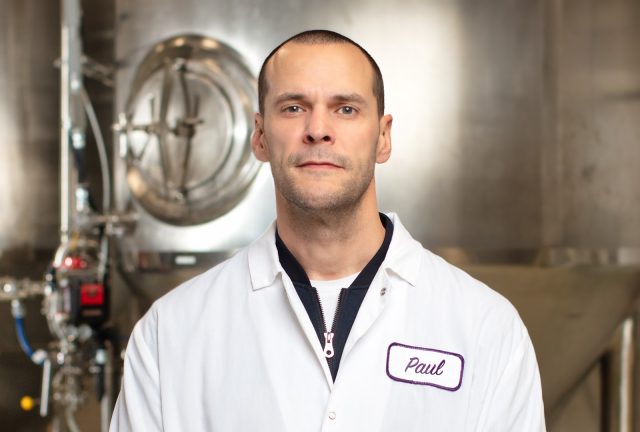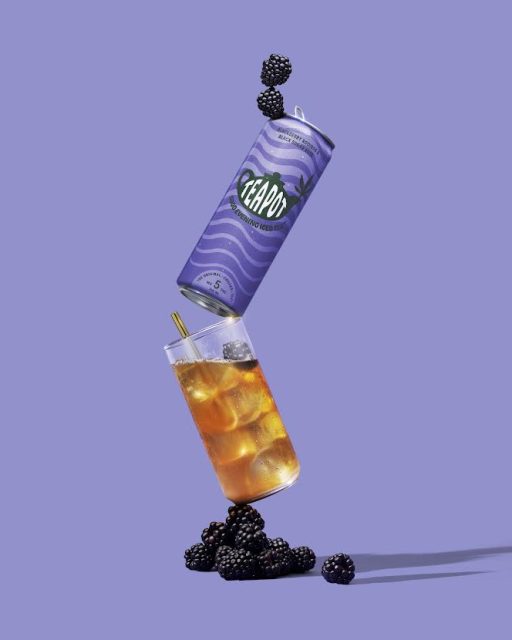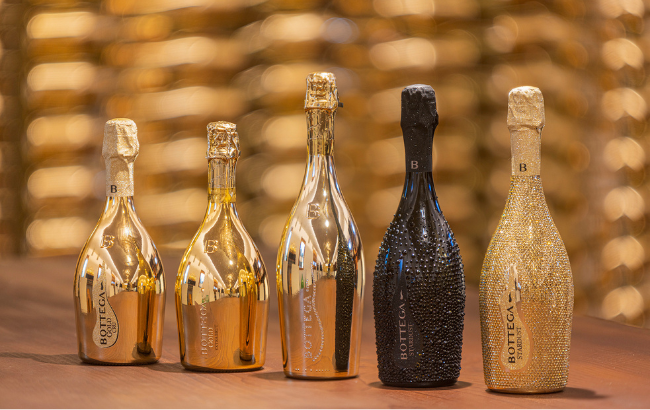Boston Beer: ‘alcohol and THC can co-exist happily’
By James EvisonContinuing our series on producers of THC-infused drinks, James Evison spoke to Boston Beer’s head of cannabis Paul Weaver about its latest TeaPot products, and what its plans are going forward.

As db has already noted in previous pieces through interviews with THC beverage producers, such as Cantrip’s Adam Terry, there is a ‘clear demand’ for such drinks. In addition, celebrity favourite Cann’s Jake Bullock went even further, stating that the Los Angeles firm wanted to “consign alcohol to history”.
Although Canada is still a primary market for the development, the shifting legislative landscape in America has also meant that retailers are moving into the space, including large players such as Total Wine. The retailer, which has 260 stores across the States, is one of the first nationwide firms to sell such drinks that contain the part of the cannabis plant that creates a high, tetrahydrocannabinol (THC).
TeaPot
In 2022, after setting up its cannabis development subsidiary, Boston Beer launched its TeaPot series of THC products. The Sam Adams brewer clearly sees growth potential, with this summer adding two new flavours to the range, Lemonade Iced Tea and CBD Lemon Black Tea, alongside other flavours such as Blackberry, Blueberry and Lemonade.

Boston’s Paul Weaver is, as would be expected from such a role, an innovator and a disruptor. Prior to working at Boston, he was the director of innovation at Canopy Growth Corporation, and also held a senior position in innovation at Molson Coors. At Canopy, he led the team that launched Canada’s first legal THC beverage.
Ultimately, he is a passionate believer in cannabis being a positive force for good in the world.
Below, we asked him a series of questions on his beliefs about the future of THC
Q. I have noted a lot of commentary on the mg level of THC drinks. What is your interpretation of this? For example is it possible to make an equivalence between 5mg and ‘one unit’ of alcohol, etc? I note that the TeaPot cans have 5mg of THC – do you consider this a good level? Would you go weaker or stronger in the future?
A. The beauty of TeaPot, and cannabis drinks in general, is they provide a great alternative to a traditional unit of alcohol. We typically would say that one can of TeaPot would effectively replace a 4% or 5% alcoholic drink, like a beer or seltzer.
As for the THC level, we designed TeaPot to be a low dose sessionable drink which allows the consumer to be in complete control of their experience.
Ultimately it’s impossible to accurately equivalize a cannabis experience with an alcohol one, so our mantra for new drinkers is to start low, go slow, and find your relative tolerance.
Q. What are Boston Beer’s plans going forward with THC?
A. Boston Beer is first and foremost an alcohol company. Coming from that stance, we continue to look at where we can access the THC/Cannabis market in a way that makes the most sense for our business.
Partner Content
No one has a crystal ball, but we know America’s access to and acceptance of cannabis increases everyday. We’ve got an amazing product line in TeaPot and when the timing is right we’ll be ready.
Q. Do you see a future where THC-infused drinks could start to compete on a direct level with alcohol, perhaps in the same way as vaping and combustible cigarettes?
A. In a perfect world, these two categories can co-exist happily in the same retail environment. Our main mission at Boston Beer is to create great-tasting drinks that serve our customers’ needs, which is why we produce not only beer, but nonalcoholic beer, Twisted Tea (the number one-selling FMB in the US) and hard seltzers.
Cannabis beverages, when sold through traditional alcohol channels, have proven quite popular. But it will be some time before they are a direct competitor to alcohol.
Q. In terms of Canada, what do you see the growth-trajectory like for the next few years? Could the acceleration of products, such as the new ones you are promoting, directly take on/sit alongside the alcohol sector?
A. In Canada, cannabis is strictly regulated and sold exclusively in licensed dispensaries, so it is rare for cannabis and alcohol to be retailed in the same location. But drinker behavior north of the border is already shifting before our eyes.
All across Canada we see people at social gatherings bring cannabis beverages, like TeaPot, to traditionally alcohol-dominant events.
TeaPot offers a variety of styles from caffeinated daytime teas to calming low-sugar evening teas, each designed to compliment specific times of day. We even make a CBD Iced Tea for drinkers looking to relax without concern of intoxication. It’s an exciting time to be a drinker, regardless of the ingredient.
Q. Do you think the criticism of THC-infused drinks is fair and proportionate, especially compared to alcohol?
A. The majority of Americans across virtually all demographics and ideologies support increased access to cannabis. There is no more socially acceptable form of cannabis consumption than an infused beverage. But change can be intimidating and that’s why it’s important for leaders such as ourselves to preach moderation and education.
TeaPot is friendly, easy to understand, and low in potency, the perfect product to bring cannabis to a mainstream audience.
Cannabis is still new to many people, and the success of TeaPot (and the THC beverage category as a whole) begins first with empathy.
Related news
Which beer styles are the most difficult to brew?




